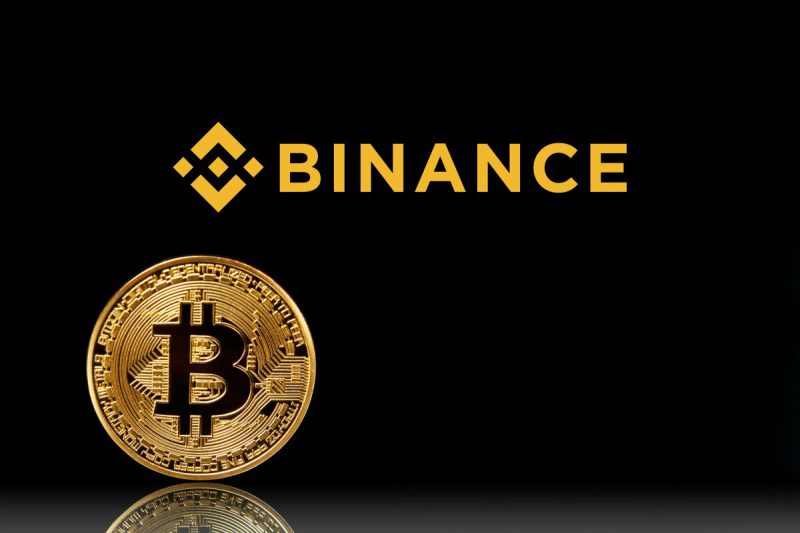Binance has opened the door to major clients holding funds externally in response to escalating demand for independent safeguards insulating from exchange risks. The shift highlights the growing fallout from last year’s landmark anti-money laundering penalty levied against the world’s top trading platform.
For the first time, select Binance users now have the option to keep assets under the custody of independent players like Switzerland’s Sygnum Bank and Flow Bank, according to FT. Previously, the only alternative to storing crypto directly on the exchange was the little-known outfit Ceffu, described as a “mysterious Binance-related entity” by U.S. regulators.
Also read: How Many U.S. Senators Now Openly Support Crypto?
Binance traders sound alarm after FTX collapse
The triparty arrangement comes as traders sound alarms over counterparty dangers following rival exchange FTX’s high-profile collapse in 2022. Some now consider parking holdings at regulated Swiss institutions safer than maintaining exposure to Binance’s concentrated operations.
Analysts say the urgent need for credible asset segregation reflects eroded trust in centralized exchanges executing multiple roles in defiance of mainstream finance customs. Critics argue that without strict separation between custody, trading, and lending functions, client funds incur undue risk of mismanagement or misappropriation.
Also read: Gold Price Surges Past $2025; Here’s How High It Can Go in February
Others expressly rule out custody with Ceffu, despite its claims of independence. “It works, but there is still a sense the decisions are made at Binance,” said one large hedge fund manager.
Last year, the U.S. government imposed a $4.3 billion fine on Binance for not following money laundering rules. This made Binance think about how to keep customers’ assets safe. Binance sees this new third-party choice as a way to manage risks better and meet the growing demand from big institutions.





